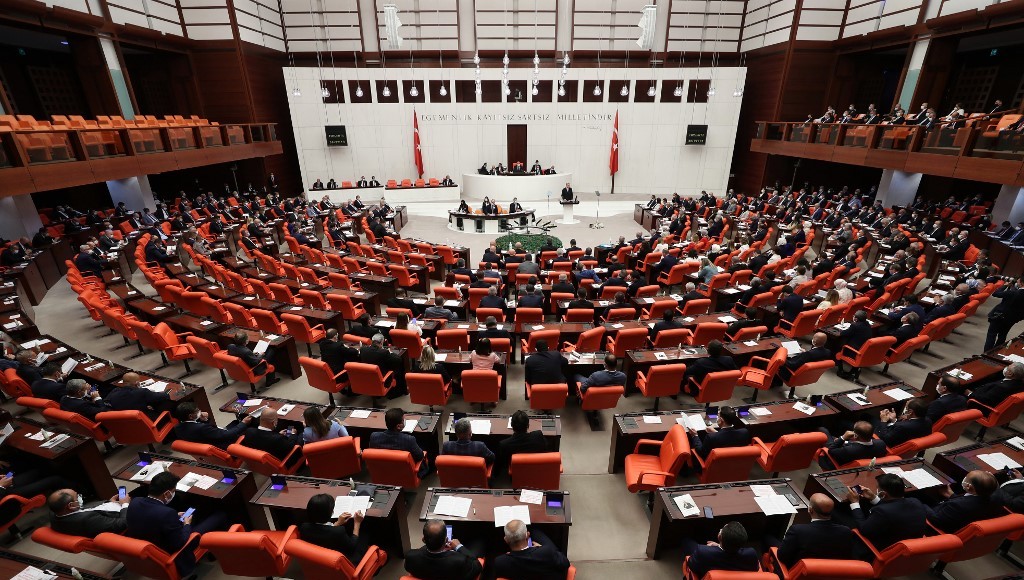Turkey’s ruling Justice and Development Party (AKP) and its ally, the Nationalist Movement Party (MHP), have consistently rejected nearly all the motions and bills submitted by opposition parties since the 2017 introduction of a presidential system of governance in the country, the Sözcü daily reported on Monday.
Opposition parties such as the Republican People’s Party (CHP), the İYİ (Good) Party and the pro-Kurdish Peoples’ Democratic Party (HDP) have submitted dozens of motions for the investigation of various topics including agricultural and healthcare problems, the cost of living, depreciation of the Turkish lira and rising fuel prices, but none of them has been accepted by the ruling party and its ally. Only 10 motions submitted by opposition parties have been approved by the votes of the AKP and the MHP since the switch to the presidential system of governance.
Ninety motions have been submitted by the opposition parties and declined by the majority since the beginning of this year.
The same fate applies to bills submitted by the opposition, including the elimination of taxes on the minimum wage, removal of excise and value added taxes on tablet PCs, recognition of COVID-19 as an occupational disease and making it mandatory to use the Turkish language on advertising signboards.
Through a referendum in April 2017 Turkey switched from a parliamentary system of governance to an executive presidential system that granted President Recep Tayyip Erdoğan and his AKP sweeping powers and was criticized for removing constitutional checks and balances, thus leading to a further weakening of Turkish democracy.
A report released in December by the Checks and Balances Network (Denge ve Denetleme Ağı, DDA), a Turkish umbrella group for 295 nongovernmental organizations, found that Turkey’s presidential system has concentrated power in the person of Erdoğan, weakening the country’s institutions, especially parliament.
The opposition blames Erdoğan’s one-man rule for Turkey’s woes, including an economic downturn and an erosion of rights and freedoms.



